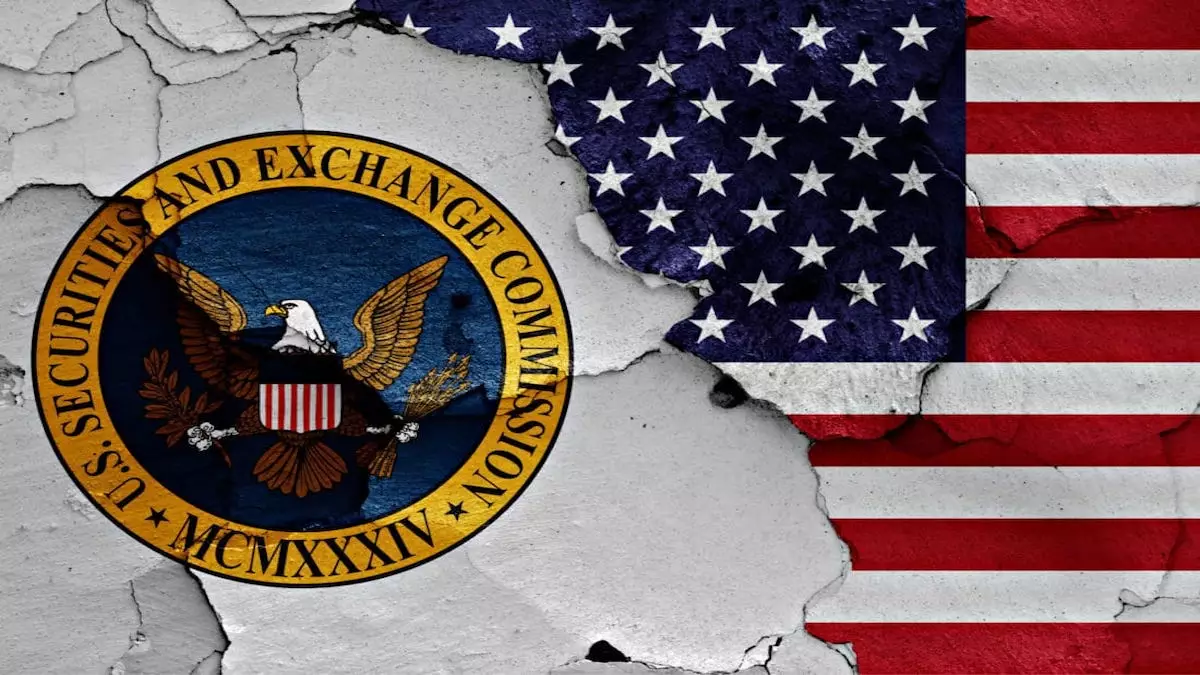The recent Wells notice issued by the U.S. SEC to OpenSea has brought the issue of digital-asset regulation to the forefront. The SEC’s contention is that certain NFTs traded on the platform may be considered unregistered securities, implying that OpenSea could be in violation of securities laws. This development has raised questions about whether the SEC is overstepping its authority in the realm of digital assets. The implications of this investigation extend beyond OpenSea to the broader NFT market and could have far-reaching consequences that impact creators, developers, platform operators, and investors.
The SEC’s scrutiny of OpenSea is part of a larger initiative to apply securities regulations to the cryptocurrency and NFT sectors. OpenSea’s CEO, Devin Finzer, has expressed a firm determination to challenge the SEC’s allegations, noting that the platform is not an unregistered securities exchange as claimed by the SEC. As the regulatory pressure intensifies on companies involved in crypto and NFTs, OpenSea finds itself in the crosshairs of the SEC’s enforcement efforts. The issuance of a Wells notice signals that the SEC is preparing to take legal action against OpenSea, prompting the NFT industry to brace for potential regulatory repercussions.
The SEC’s actions have put the NFT ecosystem on high alert, with stakeholders uncertain about the impact of regulatory intervention on the industry. While regulation can bring clarity and stability to a maturing market, the SEC’s attempt to fit NFTs into the traditional framework of securities law may stifle the artistic and creative freedoms that define the NFT marketplace. The ongoing investigation of Yuga Labs, the creator of the popular Bored Ape Yacht Club NFT collection, underscores the regulatory scrutiny facing successful NFT projects and their potential classification as securities violators. The outcomes of the Yuga Labs probe could set a precedent for future cases and shape the regulatory landscape of the NFT market.
The SEC’s regulatory efforts pose a fundamental challenge to the core principle of decentralization in the NFT space. By imposing traditional financial regulations on emerging platforms, the SEC risks undermining the peer-to-peer interactions that underpin the NFT ecosystem. Decentralization was intended to empower creators and users to engage without intermediaries, and regulatory intrusion could push these platforms towards centralization. The legal battle between OpenSea and the SEC has broader implications for the NFT market, potentially leading to increased regulatory oversight and compliance costs that could exclude smaller creators and investors.
While the SEC’s actions may raise concerns about stifling innovation and creativity in the NFT market, they also present an opportunity to establish tailored regulations that address the unique characteristics of NFTs. Calls for a specific regulatory framework for NFTs could lead to a more structured and transparent market environment. However, achieving this balance requires a shift within the SEC towards recognizing the distinct nature of digital assets and embracing innovation rather than imposing outdated regulatory models.
The confrontation between OpenSea and the SEC represents a pivotal moment for the NFT market and its future trajectory. The outcome of this legal battle could shape the regulatory landscape for NFTs and set the tone for how digital assets are treated within the financial system. As the debate over NFT regulation unfolds, it is essential to strike a balance between consumer protection and fostering creativity in the digital art space. A nuanced and adaptive approach to regulation is needed to safeguard the vibrancy and potential of NFTs while addressing legitimate concerns about investor protection and market integrity.

